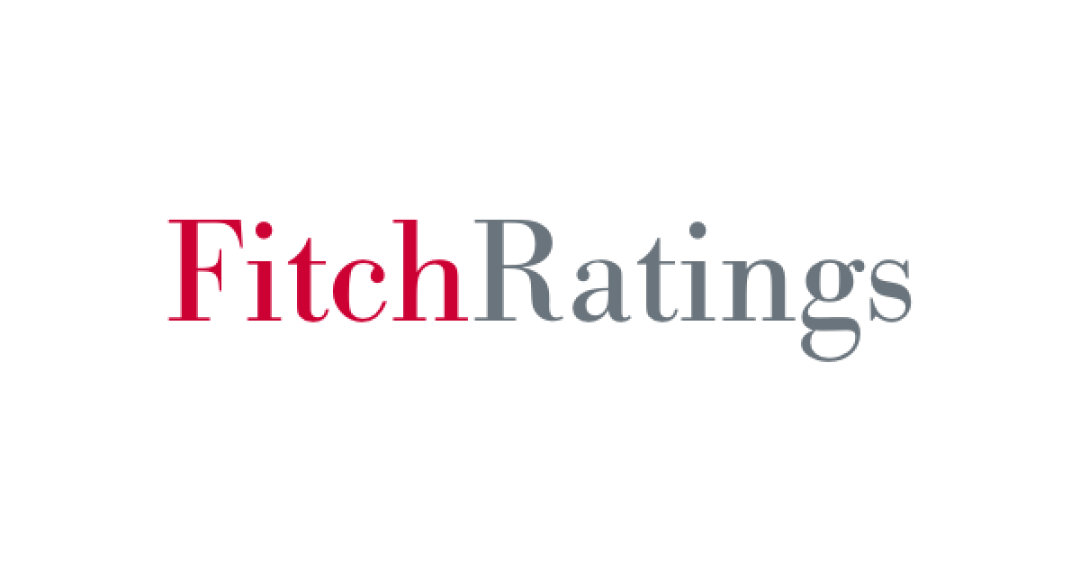
Fitch revises Georgia’s economic outlook

On 6 August, the global credit agency “Fitch” revised the outlook on Georgia's Long-Term Foreign-Currency Issuer Default Rating (IDR) to Stable from Negative and affirmed the IDR at ‘BB’.
“Georgia's economic recovery has gained surprising momentum. Estimates from national statistics (GEOSTAT) show real GDP growth in the first six months of 2021 increased 12.7% year-on-year. Beyond the base effect, activity has been supported by growth in remittances, goods exports, and a gradual return of tourists. The stronger economic activity has led Fitch to revise up 2021 real GDP by 3.5pp from our review six months ago, to 7.8% (after a contraction of 6.2% in 2020), implying that output will exceed its 2019 level this year. For 2022-2023, a more robust recovery in the tourism sector and an increase in investment, means we forecast real GDP growth to average 5.4%, above potential of 4.0-4.5%. Risks surrounding the pandemic, pace of vaccination roll-out, and upcoming local elections in October, pose downside risks to our macroeconomic baseline,” the report stated.
Fitch forecasted Georgia's government debt ratio to have peaked in 2020 at 60% of GDP, declining to 56.0% this year and to 55.2% in 2023; projections underpinned by the economic recovery, rolling-off of Covid-19 support measures, and use of accumulated government deposits. After a fiscal deficit of 9.3% of GDP in 2020, the agency forecasted deficits for Georgia of 6.8% in 2021, 5.1% in 2022 and 3.3% in 2023. Narrowing of the deficit will come from the rolling-off of around 2.5% of GDP in Covid-19 support in 2022-2023, and lower public investment spending in 2023.
The report also outlined that the outlook covers three more key rating drivers, namely Georgia’s external finances, external buffers, and the upcoming municipal elections. In terms of external finances, the report elaborated that they were weak relative to peers. The report said that high net external debt (77.4% of GDP vs the current 'BB' median ratio of 18.7%) and a low external liquidity ratio (108.9% vs current 'BB' median of 168.1%), leaves Georgia's small and highly dollarised economy vulnerable to external shocks. However, it added that these risks have been well managed throughout the pandemic; reflecting strong donor support to meet nearly all the government's external financing needs, and a credible macroprudential and monetary framework that has supported stability in the banking sector and managed lari volatility.
Regarding Georgia’s external buffers, the report said that they remained adequate with foreign reserves covering around 4.1 months of current external payments, up from 3.1 months at end-2019. Fitch forecasted Georgia's current account deficit (CAD) to reach 6.8% of GDP in 2021, down from 12.4% of GDP in 2020. Gradual recovery in the tourism sector will support narrowing of the CAD towards 3.3% of GDP by 2023, when Fitch assumes tourism revenues will return to 2019 levels. Financing of the CAD will be met by stable inflows of net FDI averaging 3.5% of GDP (2021-2023), in addition to sustained donor financing. Finally, concerning the upcoming municipal elections in the country, Fitch argued that the heightened political uncertainty does not appear to cause any disruption to the policy framework that underpins Georgia's rating.
Georgia’s Prime Minister Irakli Garibashvili commented on the report, saying that with this decision the country “has practically returned to the pre-pandemic rate.” “The agency cites faster-than-expected economic recovery, strong and convincing macroeconomic policies and high international support as the main reasons for the improvement in the rating outlook. We see that our economy is recovering at a really impressive pace, with a rate of 12.7% in the last six months, which is really promising,” he stated. The country’s Economy Minister Natia Turnava also commented on the revised outlook of Fitch, saying that it reflects increased confidence from international investors in Georgia.
See Also


Mirzoyan Meets US Deputy Assistant Secretary Joshua Huck

Azerbaijani President Holds Talks with UAE and German Business Delegations on Economic Cooperation

Grigoryan Confirms Armenia’s Readiness to Dissolve OSCE Minsk Group Upon Peace Treaty Signing

Azerbaijani Official Warns of Ecological Risks to Caspian Sea, Similar to Lake Urmia and Aral Sea

